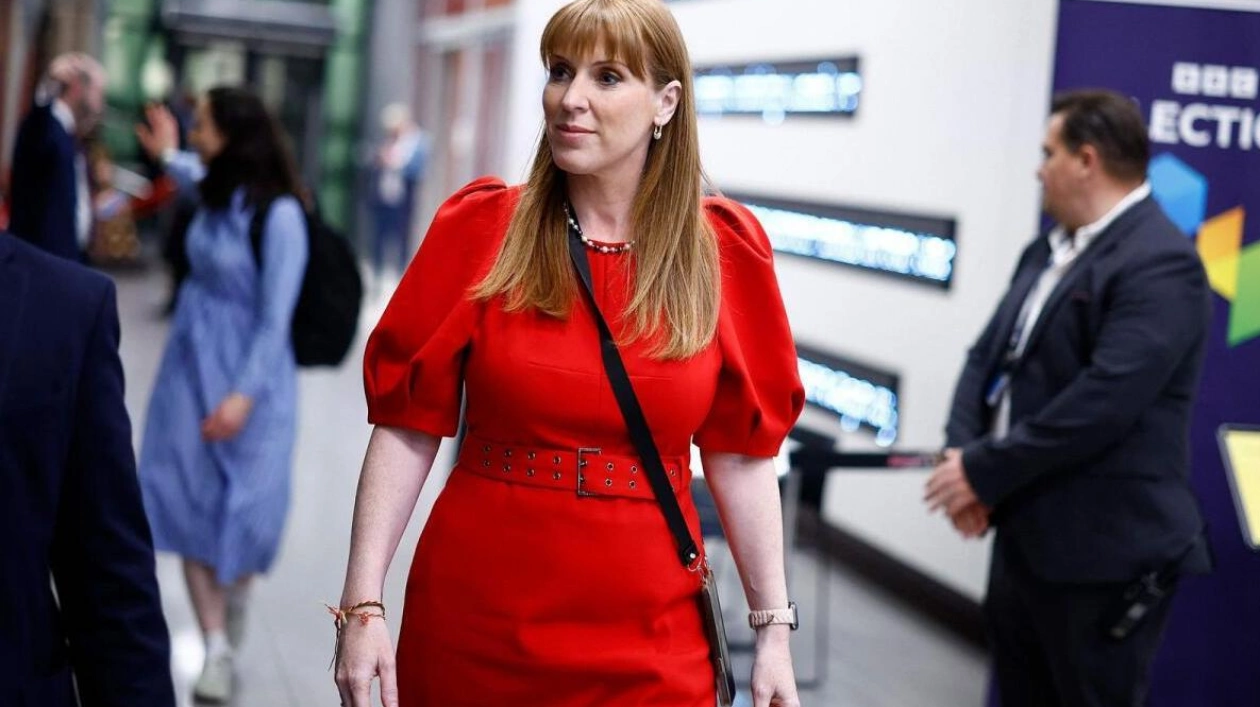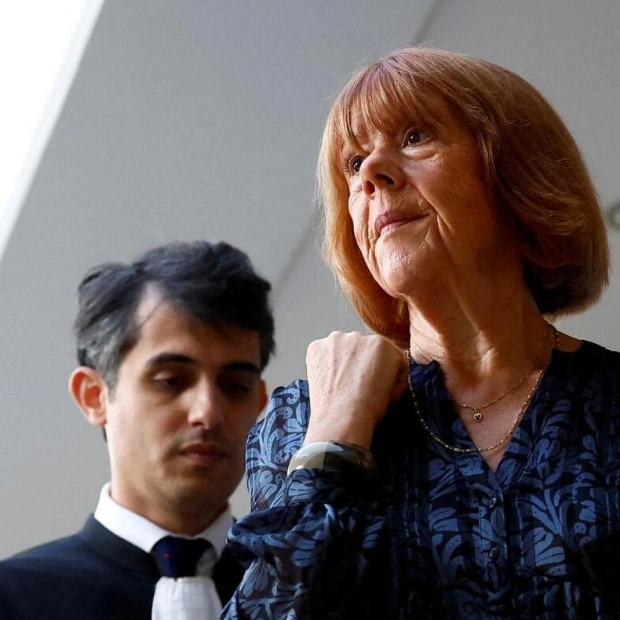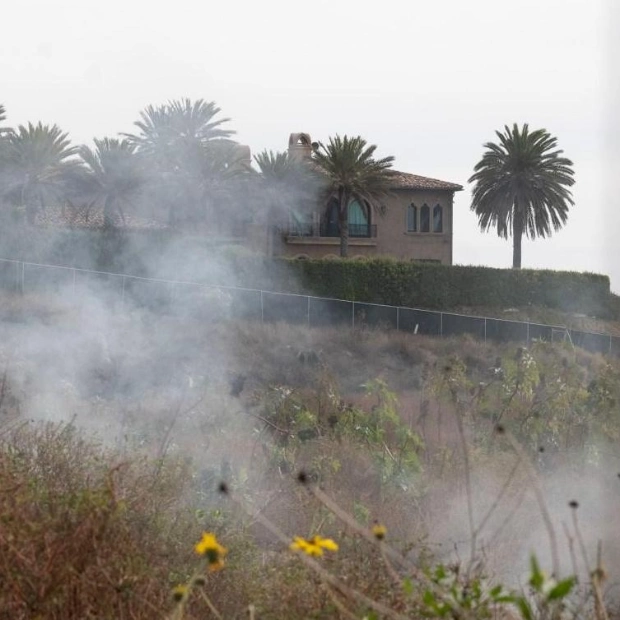Here are the specifics regarding Labour leader Keir Starmer and his 'Shadow Cabinet', the group poised to assume senior ministerial positions in a Labour administration:
KEIR STARMER, LABOUR LEADER
At 61, Starmer assumed leadership of the Labour Party in 2020, following its most severe electoral loss in 84 years under leftist Jeremy Corbyn in 2019. He aims to transform Labour into a party known for competence and practicality, rather than one dominated by a singular ideology. A former human rights attorney who became Britain's chief prosecutor, Starmer entered parliament in 2015 and served as Corbyn's Brexit spokesperson. He is named after the Labour Party's founder, Keir Hardie.
ANGELA RAYNER, DEPUTY LEADER
Rayner, 44, was chosen as deputy leader in 2020. Known for her vocal criticism of the Conservative Party, she maintains a crucial connection with the party's base due to her background as a care worker and trade unionist before becoming a legislator in 2015. Rayner is potentially in line for the deputy prime minister role in a Labour government and currently oversees policies related to Levelling Up, Housing, and Communities.
RACHEL REEVES, FINANCE POLICY CHIEF
Reeves, 45, formerly an economist at the Bank of England, is slated to become finance minister if Labour wins the election. She advocates for strict fiscal rules excluding borrowing for daily expenditures but supports increased government investment, financed through borrowing, to strategically influence key markets, aligning with the 'modern supply side economics' promoted by US Treasury Secretary Janet Yellen. Reeves refers to her strategy as 'securonomics'.
DAVID LAMMY, FOREIGN AFFAIRS POLICY CHIEF
Lammy, 51, represents an inner-London constituency and has long championed social and racial justice. In 2017, he critiqued the treatment of Black, Asian, and Minority Ethnic individuals within the British justice system. He proposes three pillars for Labour's foreign policy: re-engaging Britain globally, prioritizing security and prosperity over ideology, and ensuring foreign policy serves broader public interests rather than corporate ones. Lammy describes his approach as 'progressive realism'.
ED MILIBAND, ENERGY SECURITY AND NET ZERO POLICY CHIEF
Miliband, 54, led Labour in the 2015 election, which ended in a significant defeat, leading to his resignation. He has since focused his political career on environmental and climate issues. Miliband would spearhead Labour's initiative to transform Britain into a 'clean energy superpower' by establishing a publicly owned energy company that collaborates with the private sector on new green projects.
YVETTE COOPER, HOME AFFAIRS POLICY CHIEF
Cooper, 55, was elected in 1997 during a Labour landslide under Tony Blair and has held senior ministerial positions. Since Labour's 2010 loss of power, she has managed both foreign and interior policy roles and unsuccessfully ran for party leader in 2015. Cooper pledges a law and order government, beginning with enhanced policing powers to address local crime and anti-social behavior, and proposes a new homeland security framework to equate state-based threats with terror threats.
JONATHAN REYNOLDS, BUSINESS POLICY CHIEF
Reynolds, 43, entered parliament in 2010 and has filled various policy roles, notably as Labour's financial sector liaison until 2020, before taking on the business and trade brief. He promises a closer alliance between Labour and business to implement an industrial strategy focused on green energy investments and building national resilience against external shocks.






